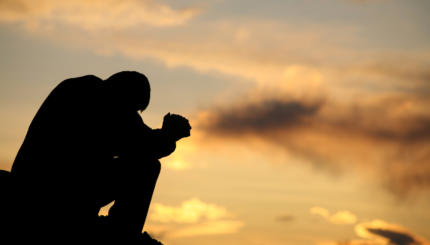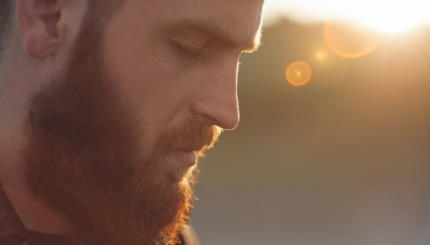The functioning of our bodies is dependent on countless internal processes working smoothly and consistently. Our hearts must keep beating, our neurons must keep firing, our intestines must keep absorbing nutrients, our kidneys must keep filtering and our lungs must keep breathing. If most or all of those processes are working well, it is easy to ignore them.
Perhaps to remind us to notice the wonder of all of these processes, Judaism prescribes a blessing to be recited after going to the bathroom.
The blessings reads:
בָּרוּךְ אַתָּה ה’ אֱלֹהֵינוּ מֶלֶךְ הָעוֹלָם, אֲשֶׁר יָצַר אֶת הָאָדָם בְּחָכְמָה, וּבָרָא בוֹ נְקָבִים נְקָבִים חֲלוּלִים חֲלוּלִים .גָּלוּי וְיָדוּעַ לִפְנֵי כִסֵּא כְבוֹדֶךָ, שֶׁאִם יִפָּתֵחַ אֶחָד מֵהֶם, אוֹ יִסָּתֵם אֶחָד מֵהֶם, אִי אֶפְשַׁר לְהִתְקַיֵּם וְלַעֲמוֹד לְפָנֶיךָ אַפִלּוּ שָׁעָה אֶחָת. בָּרוּךְ אַתָּה יי, רוֹפֵא כָל בָּשָׂר וּמַפְלִיא לַעֲשׂוֹת:”
“Blessed are You, Adonai, our God, King of the universe, who formed man with wisdom and created within him many openings and many hollow spaces. It is obvious and known before Your Seat of Honor that if even one of them would be opened, or if even one of them would be sealed, it would be impossible to survive and to stand before You even for one hour. Blessed are You, Adonai, who heals all flesh and acts wondrously.”
I started reciting Asher Yatzar regularly around the time I was diagnosed with a chronic illness. Much of the time, my body’s internal processes were not functioning perfectly. I was often in pain or discomfort, which made it hard to focus on the things I cared about. I was angry at my body and resented it for being broken.

Help us keep Jewish knowledge accessible to millions of people around the world.
Your donation to My Jewish Learning fuels endless journeys of Jewish discovery. With your help, My Jewish Learning can continue to provide nonstop opportunities for learning, connection and growth.
So I had a hard time with this blessing. I didn’t feel like my body was a wondrously working machine, more like a rusty old car, barely doing its job.
Eventually, as I recited this blessing every day, I realized that my body was good enough. The blessing’s text was true — we cannot exist if the processes of our bodies completely shut down. Yet here I was.
My body was doing thousands of amazing things all of the time, and just a few of them at a suboptimal level. It had been easy to recite Asher Yatzar with gratitude when I felt well, but now I began to feel that gratitude even when I felt worse.
My retinas were still converting light into images that my brain understood. My lungs were still bringing in oxygen and releasing carbon dioxide. My skin was still protecting my organs from the outside world. My white blood cells were still preventing infection. Even when I was in pain, I was alive and in the presence of God.
It is human nature that problems command our attention. The congestion that comes with a cold makes us notice each inhale and miss the ability to breathe easily. A sore throat makes us acutely aware of how often we swallow.
Yet even when we are sick or hurt, even when our bodies are demanding our attention and telling us something is wrong, we are still here. We continue to exist because so many physical processes are quietly working perfectly, even if a few of them might have some kinks here or there.
Rabbi Paula Rose is the assistant rabbi of Congregation Beth Shalom in Seattle, Washington.



